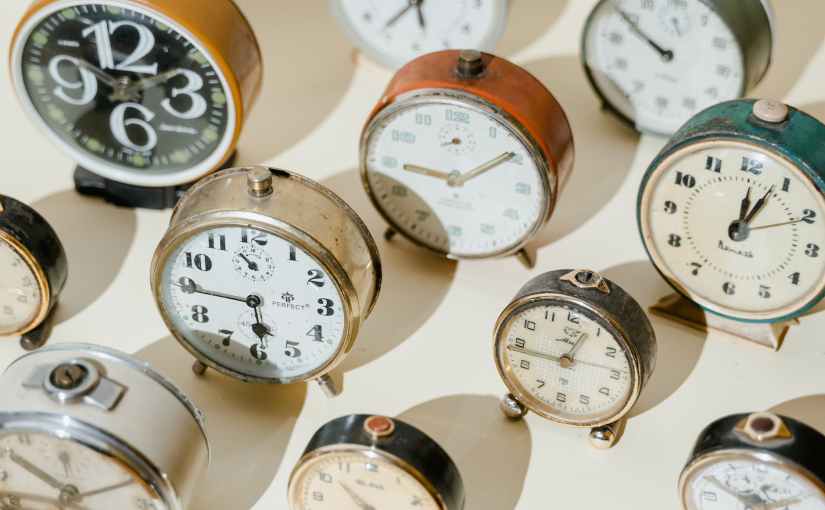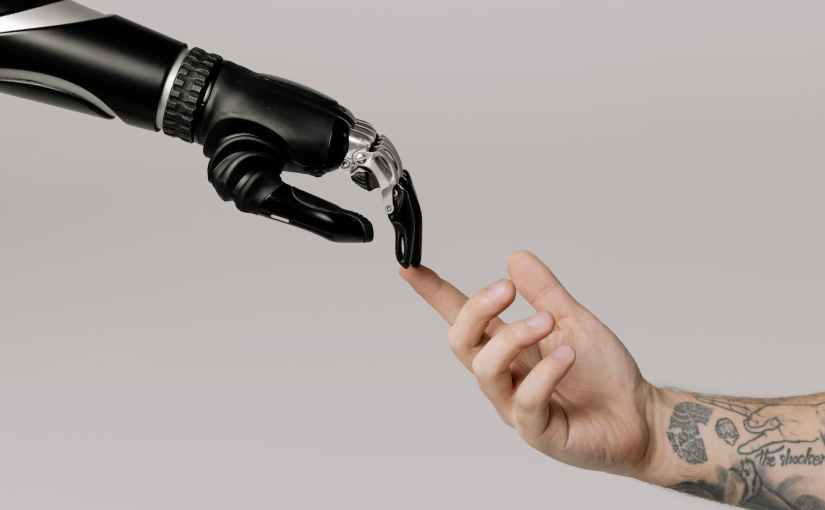When I was growing up, I used to hear the old saying “money is the root of all evil” almost as often as “money doesn’t grow on trees.” My family was far from rich and had working class roots, and I also lived in a small rural town, which may have caused everyone to blame money for much of their woes, and they were probably not too far off base. I still never quite bought the idea of money being the source of evil, and technically, some money does come from trees, or at least plants.
It might also have been because my family was deeply religious, and the first saying is scriptural. The full translation can be found in 1 Timothy 6:10 and it reads “For the love of money is the root of all evil: which while some coveted after, they have erred from the faith, and pierced themselves through with many sorrows.” This seems true, but I think it’s talking more about people losing their faith because of greed.
I occasionally pondered this saying when I was young. Most of the money I saw was printed on paper, but some was in the form of coins. In ancient times, it was mostly coinage and often made of precious metals like gold. Of course, paper doesn’t seem too evil to me, and gold is just a shiny metal as far as I’m concerned. Both of these have uses on their own, but what sort of alchemy is required to transform them into something evil?
On its own, the paper money in your pocket isn’t worth very much, at least not intrinsically. It only has value because we believe it has value. We believe it has value, and we believe other people think it has value. It is roughly the same agreed upon value for all of us. This makes it into a medium of value exchange, something we refer to as currency. As long as it maintains its perceived value, we can continue to trust it as currency. Of course, no currency is perfect, and various factors can affect the value, like inflation for instance.
That’s all good for our understanding, but we haven’t quite figured out why currency would ever be associated with evil. What we have determined is that it is something that people value. They value it because they can exchange it for what they want. For instance, if I want someone to mow my lawn, I understand that I can just whip out some money and someone else will do it for me. They will exchange their time and energy for the paper in my wallet.
Basically, money is a storage unit for time and energy, and every human being only has a certain amount of this. You will never get back the time it takes to mow your lawn, but if you paid someone else to do it, then you gain back that time at their loss. Basically, this money thing sort of allows you to consume another person’s energy and lifetime, freeing you up to spend your own time on something you really want to do.
It’s beginning to not sound so good anymore, especially if you are the one running around giving up your lifetime for everyone else, just to collect a bunch of paper that we already established has no intrinsic value. You can use that money to buy your own services of course, but some people never seem to come out ahead. It reminds me of another old saying, “the rich get richer, and the poor get poorer.”
From here, we turn our attention to the affluent. The ones who seem to have plenty of money, so much so that they can mostly do whatever they want with their lifetime and energy. I’ve never been in their shoes, but I suspect it might be kind of addictive. They might do just about anything to gain and maintain this power.
I think this is the point where evil might begin to enter the picture. Having immense wealth may cause a person to be consumed by their own pride. They may begin to see themselves as superior to those with less money and power. This can lead to severe class differences socially, and eventually create division and envy.
I think we have succeeded in establishing that money is a complex system for exchanging time and energy, which can allow for bad things to happen, especially when combined with human vice. The problem is, I don’t think we have determined that money is the “root” cause of anything. To me, it seems more like a byproduct of certain conditions that already existed long before currency was invented.
Humans can’t do anything without the use of energy. Everything in this universe is driven by energy. Unfortunately, energy doesn’t automatically generate itself. You have to replace all the energy you use up. The bigger the task, the more energy you have to consume. For instance, heavy machinery consumes massive amounts of energy in the form of fuel or electricity, and all that energy costs money.
We know all this is true, because we know there are special laws in place in the physical universe that cause this to be the case. To do something useful, you need to consume energy, and that energy doesn’t just appear out of thin air. If it did, you could just blink your eyes and have a house and car in front of you. That only happens in your dreams and imagination though, never in the material world. Everything in this world requires work.
This is ultimately why money is necessary. The material world requires time and energy to do anything, and money is an exchange medium for time and energy. The point here is money can’t be the root, because it isn’t the foundation. It only exists because we have a need to use energy to manipulate the material world for our survival and happiness.
Basically, the law of conservation of matter and energy is actually the root cause, not money. Evil is woven into the material world at the lowest level through the laws of physics. We didn’t create evil by inventing money; we were born into it. It’s all around us. It’s what holds this universe together.
The hope I have with this article is so that we can forgive ourselves. Money is just a tool we invented because the circumstances existing in this universe eventually led to it. It’s a perfectly logical way to deal with the matter and energy problems that exist in the imperfect physical universe. Similarly, rich people are not the source of all the problems either. They just happen to better at making use of their resources, or perhaps they had a bit more luck than the rest of us.
Did you have humble beginnings? Have you ever studied currency? Do you sometimes question old sayings? What do you blame for all the world’s troubles? What would the universe be like with different physical laws? What is the secret to becoming wealthy? Do you think the rich abuse their power? Let me know in the comments, and don’t forget to like, share, and subscribe!















You must be logged in to post a comment.